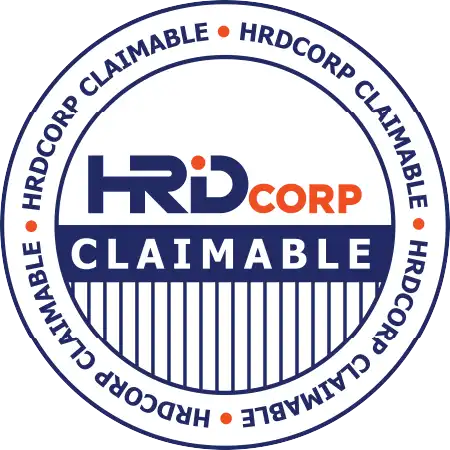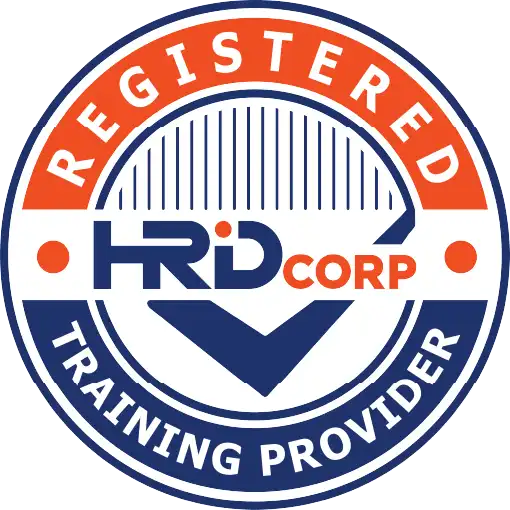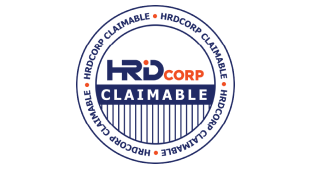Emotional Intelligence is a topic that spans self and social contexts on a variety of levels. Personal mastery is a term often associated with Emotional Intelligence (EQ) as it usually means the ability to self-regulate and manage reactionary behaviour. Conflicts are often a result of lack of self-awareness and regulation coupled with a challenge of not understanding one another. Daniel Goleman’s book broke down EQ into five primarily elements: Self Awareness and Self-Regulation, Motivation, Empathy and Social Skills.
Conflict is often a result of unmet expectations, uncommunicated needs or misunderstandings. While there are potentially more “causes” of conflicts, those three make up the bulk of the triggers that create conflict. There are two elements to conflict that need to be resolved in order to progress things toward a resolution: 1. Self-regulation of reactivity and 2. Mutual Understanding. Both of these elements are critical to generating conflict resolutions and both of them are, coincidentally key areas that Emotional Intelligence focuses on.
By understanding ourselves, we can empathize and understand the other stakeholders we are engaging with. This improves our ability to lead, communicate, build relationships and deal with conflicts. Self-awareness is about understanding our current state, issues and triggers by becoming aware of our present feelings, emotions and body sensations for instance, we are clued into our overall state.
By understanding ourselves, we can empathize and understand the other stakeholders we are engaging with. This improves our ability to lead, communicate, build relationships and deal with conflicts. Self-awareness is about understanding our current state, issues and triggers by becoming aware of our present feelings, emotions and body sensations for instance, we are clued into our overall state.








